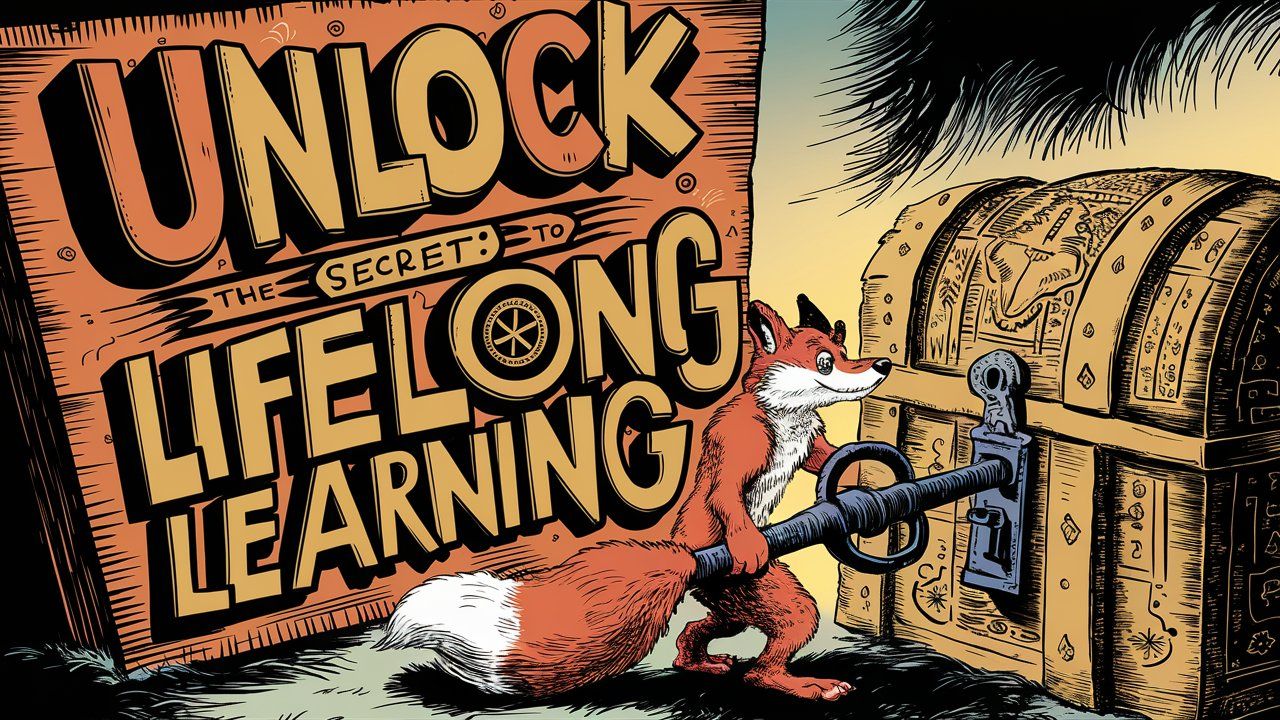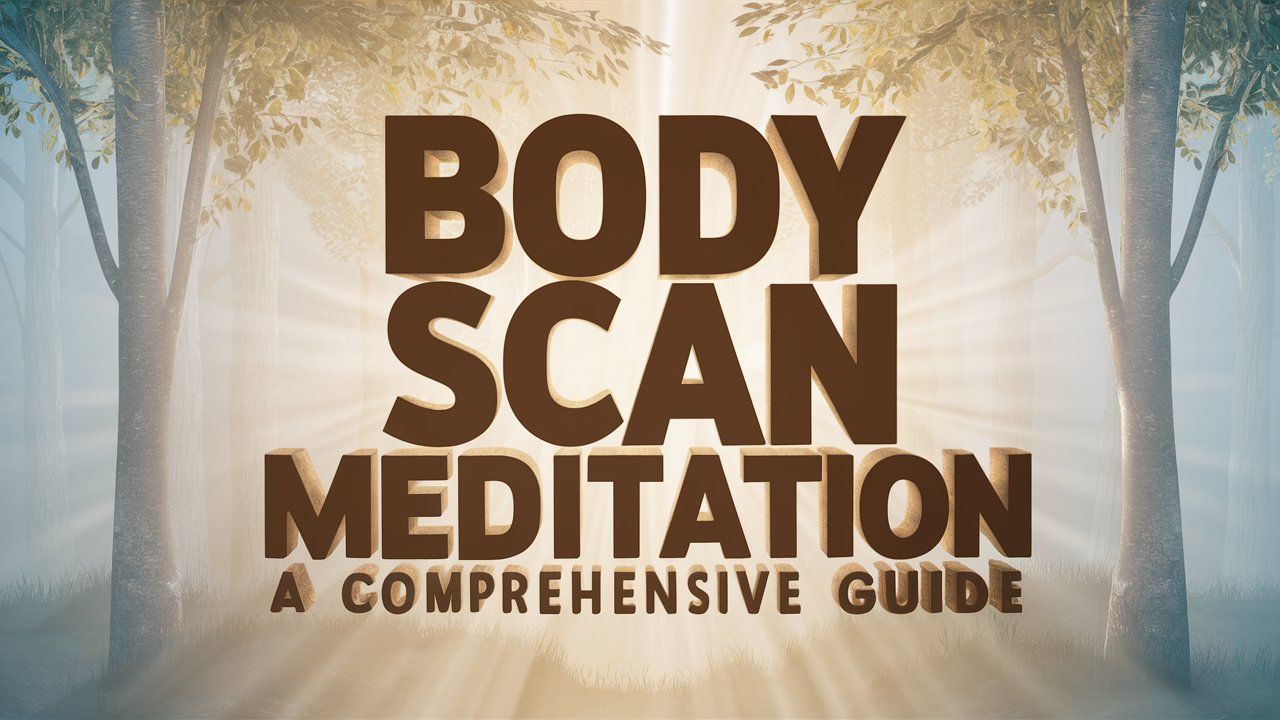Have you ever been so engaged in an activity that you lost track of time or even your surroundings? A bomb could have gone off (figuratively) and you wouldn’t have noticed?
 That’s called “flow” – a state of consciousness where we experience a task so deeply that it truly becomes enjoyable and satisfying. For me this usually happens while I’m reading, writing, or developing software. For you, it could happen during any number of tasks — golfing, cooking, hiking, etc.
That’s called “flow” – a state of consciousness where we experience a task so deeply that it truly becomes enjoyable and satisfying. For me this usually happens while I’m reading, writing, or developing software. For you, it could happen during any number of tasks — golfing, cooking, hiking, etc.
Mihaly Csikszentmihalyi is the architect of Flow and he wrote Flow: The Psychology of the Optimal Experience. A guide that shows us how to add more enjoyment in our lives by increasing the time we spend in Flow.
The Conditions of Flow
Flow can be achieved by anyone with any task, as long as the conditions are right. I usually get into a state of Flow while writing. I listen to music through my headphones and after a few minutes I really get into my work I’m oblivious to my surroundings.
Sometimes I can’t type fast enough. Other times I type so s-l-o-w-l-y and the words don’t come easily. But, either way, I’m in a state of Flow. According to Mihaly there are eight characteristics to an optimal experience:
- You’re challenged by the task at hand. This seems to be the ‘prime directive’ to achieving Flow and can actually prevent you from being in a state of Flow. The difficulty of your task has to be “just right”. If the task is to easy, you’ll get bored and eventually stop. If the task is to difficult, you’ll get frustrated and eventually stop. Either way, you loose.
- The ability to concentrate is key. If there are to many interruptions or it’s noisy, you won’t be able to concentrate on your task. No concentration, no Flow.
- You have clear goals to achieve. Goals establish a mechanism to measure your progress and provide a sense of achievement. People in Flow achieve their goals.
- You receive immediate feedback. Either your ball landed in the cup or it didn’t. You know immediately if your goal was reached or not.
- Your worries and frustrations of everyday life recede into the background. This perhaps is one of the greatest benefit of Flow. You’re busy concentrating on your task and the rest of your world just “goes away” for a short while. Even though you’re challenged, you end up relaxed, satisfied and you achieved something meaningful (all this, and it’s legal too).
- Your sense of self disappears (only for a while). When it re-appears, you’re refreshed with an even stronger sense of self.
- You have a level of control over your actions while performing your task.
- You loose track of time and feel great when you’re done with your task.
 The Paradox of Leisure Time
The Paradox of Leisure Time
With all the “modern conveniences” available today, we have more free time than ever before. But, with all this free time, people rarely reported being in a Flow state.
What is the largest single pastime for Americans? Watching TV. It’s a national obsession – sports, soaps, reality TV, it doesn’t matter, we’ll watch anything. The interesting thing is this – Flow is rarely achieved while watching TV!
I wonder if it has anything to do with your brain being more active while you’re sleeping than when you’re watching TV? Even though we have plenty of free time, our single most leisure activity is producing the poorest quality of enjoyment. If you’re looking to take one small step to improve the quality of your life – then turn off your TV.
The State of Flow at Work
Engaging in a challenging activity is a primary condition to achieve Flow and for many of us, this occurs while at work. You’re given a task or you volunteer for a project that’s just beyond your current skill level. Deep down you know you can do it and maybe it’s a stretch. But it’s the challenge that intrigues you and ultimately expands your knowledge.
This is how one grows – expanding your skills by continuously challenging oneself and moving to that “next level”. It’s at work where the opportunity to grow occurs most frequently. There is nothing wrong with this. My point is that we need to find activities outside of work where we can achieve Flow.
Your Personal Plan for Flow
- Find a challenging activity. This could be anything. Reading, suduko, learning a language, cooking, or even playing a video game. Whatever you decide to do, just do it.
- Commit to yourself. Remember, you’re doing this for one person and one person only. Yourself. This is your chance to finally get on the road to happiness and accomplishment.
- Set a series of realistic goals. By setting goals you automatically know the level of skills needed to accomplish those goals and you provide yourself a framework for achieving a sense of accomplishment. Just as a video game has levels that you try to achieve, so should your activity. Define the levels, work to achieve them and realize your goals.
- Turn off the T.V. “Everything in moderation” is what my father used to tell me – so it goes for TV. Some is good, a lot is bad. Give yourself a chance to get into a Flow state by turning off the TV.
- Remove any interruptions. It nearly impossible to be engrossed in an activity when you’re bombarded with interruptions. I tell my kids “Please don’t interrupt me unless you’re bleeding or a dinosaur is crashing through our house”. They usually giggle and give me the time I need.
- Track your progress. Create a simple way to track your daily progress. Place a mark on a calendar, write a short entry in a journal or scratch a line in your bedroom wall.
- Enjoy your experience. Achieving flow takes determination. But remember to enjoy your experience along the way. As they say “it’s the journey that’s important”.



Really great post. I’ve been there many times, usually doing graphic design, and it’s always the best, most rewarding & productive time.